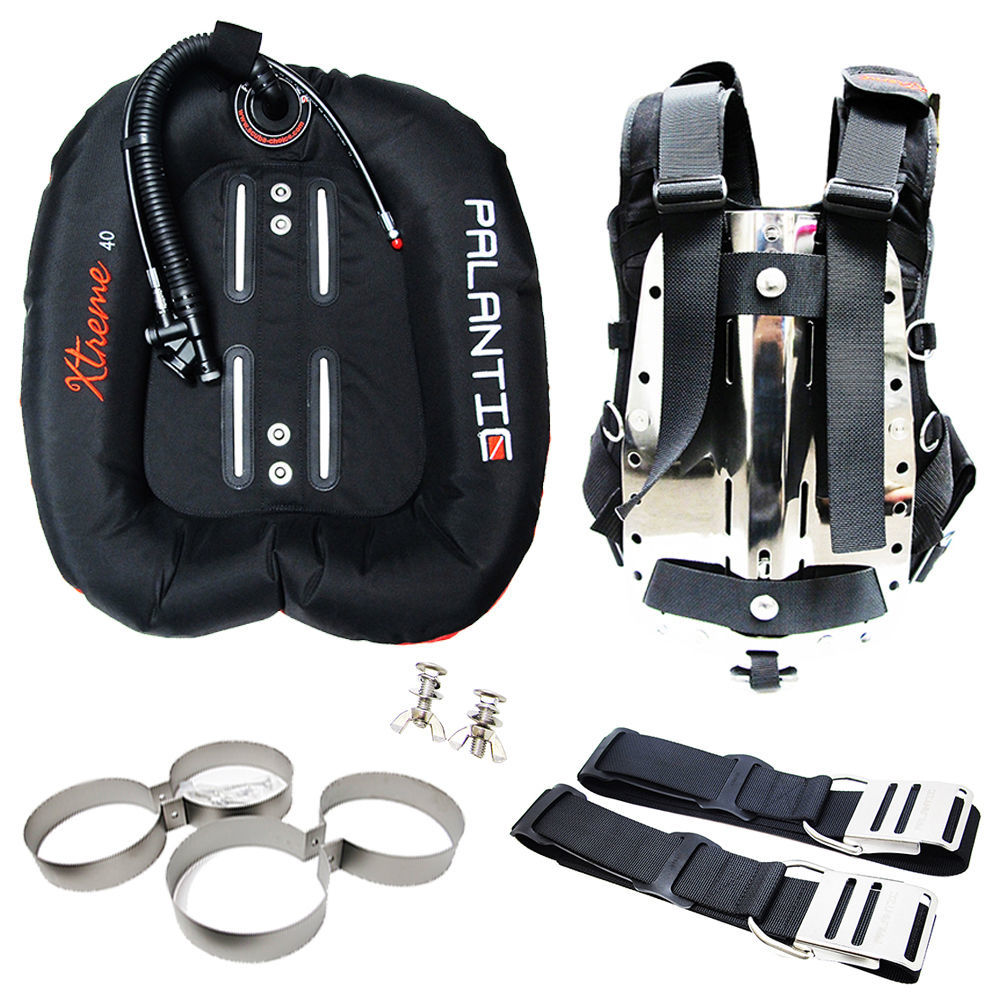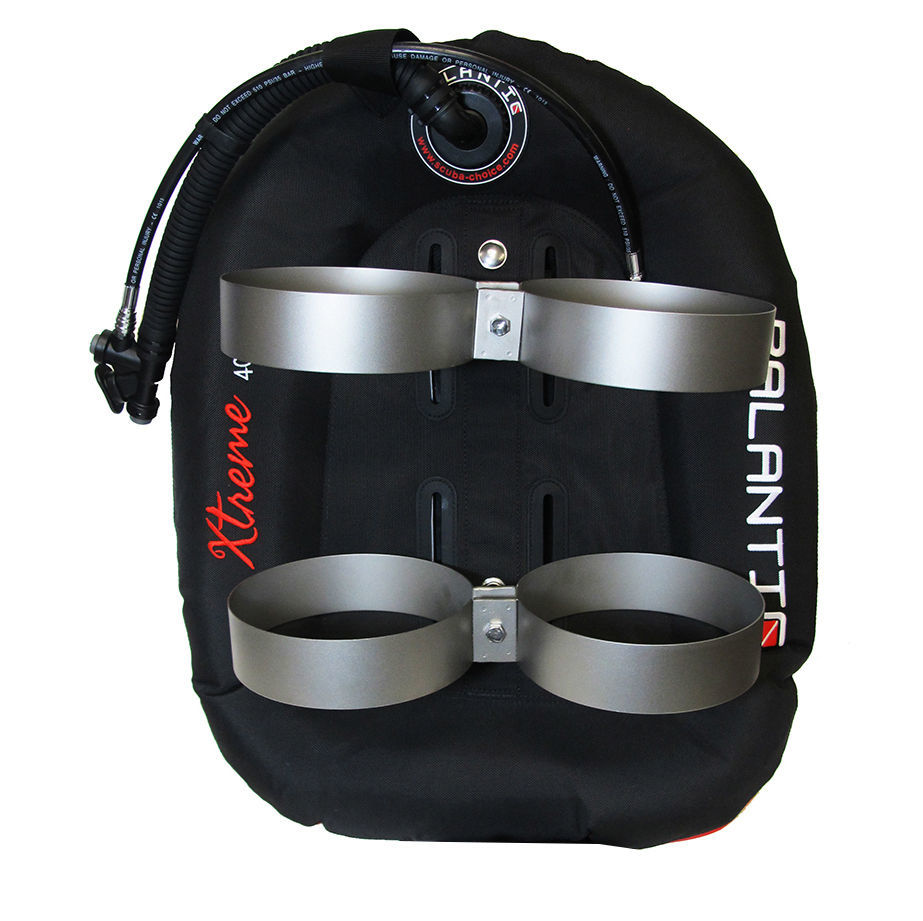31st May 2017
Technical Diving: Basic Skills and Equipment
Technical Diving, also referred to as tec diving or tech diving, is considered more hazardous and more often than not, comes with more risks to divers, than recreational diving. Its definition slightly varies among scuba diving organizations but the term “technical diving” is credited to the editor of aquaCorps Journal, a now defunct diving magazine.
According to PADI, it is an activity which encompasses diving more than 130 feet or 40 meters deep, accelerated stage decompression and usage of multiple gas mixtures in just a single dive. Conversely, for TDI, it is a diving activity that requires additional cylinders and involves caves, wrecks or mines.
Given the potential hazards and risks, divers who want to engage in tec diving need to have the knowledge and essential skills required in this activity as well as necessary equipment. Some skills include the following:

- Equipment Inspection Skills
To ensure safety at the start of the dive, the diver is responsible for the inspection of his or her own equipment to check if the primary cylinders are full and valves open. Other pieces of equipment to be checked include dive gauge and computers, masks, fins and weights, among others. S-Drill is also a skill required of a technical diver in which members of the diving team provide or practise proper gas sharing procedure.
- Skills in Shutting Down and Re-opening of Valves
While re-opening valves is one of the basic skills of a diver, this can be challenging in a diving activity that is beyond your usual dives. That said, it is important practise shutting down and re-opening the valves before each dive to enhance your muscle memory.
- Post Dive Briefing Skills
After each dive, you should discuss how your dive went with other members of the team. It is important that divers get feedback from others so they will learn from every dive and make the necessary corrections and adjustments on the next diving activity.
Technical Diving Equipment

Since technical diving can include diving deeper beyond 130 feet and stays longer underwater than usual recreational dives, each diver should use more than one independent breathing gas source instead of the usual single cylinder open circuit. Breathing gas mixtures are also crucial in managing problems that may arise. Aside from the basic diving equipment used in recreational diving, back mounted cylinders and multiple side-mounted cylinders can be used.
